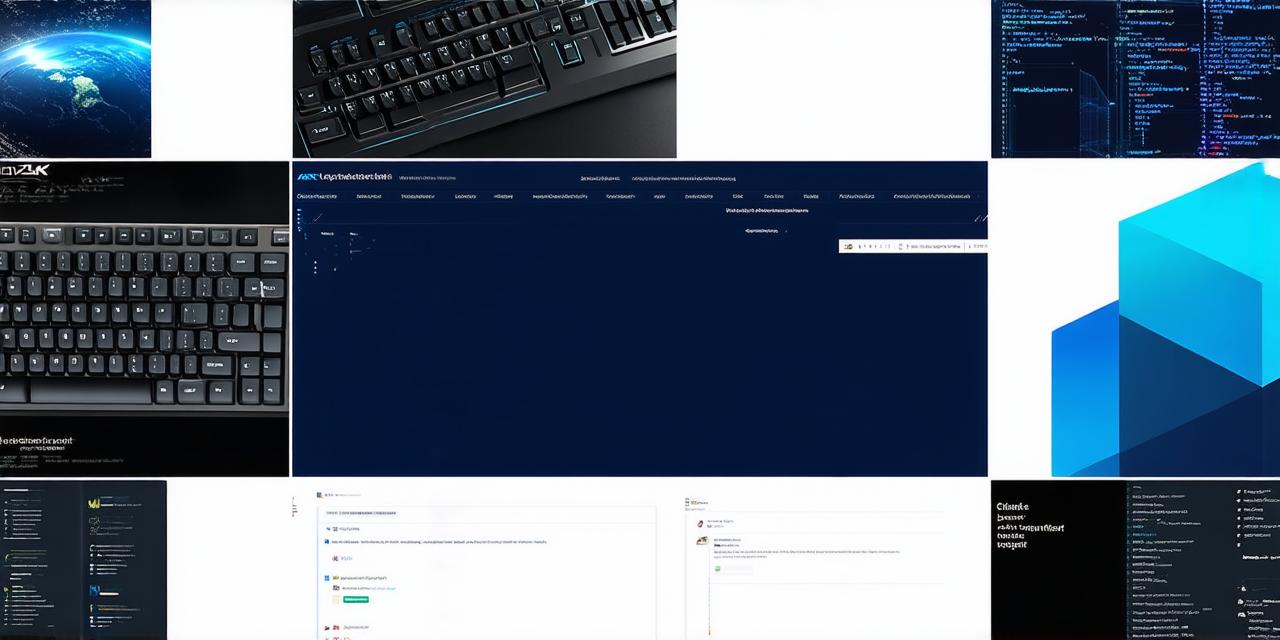As a manager of a dedicated development team, your primary goal is to ensure that your team delivers high-quality software on time and within budget. However, managing a dedicated development team can be challenging due to various factors such as communication gaps, differing priorities, and conflicting personalities. In this article, we will provide you with some tips and strategies for managing a dedicated development team effectively.
1. Define clear roles and responsibilities
Before your team starts working on a project, it is essential to define clear roles and responsibilities for each member of the team. This will help to avoid any confusion about who is responsible for what tasks. Each team member should have a clear understanding of their role, and you as a manager should be able to identify potential areas of overlap or conflict.
2. Establish effective communication channels
Effective communication is crucial in managing a dedicated development team. You need to establish open lines of communication between team members so that everyone can share information and ideas freely. This could involve setting up regular meetings, using project management tools, or establishing an email chain for ongoing updates.
3. Prioritize tasks effectively
As a manager, you need to prioritize tasks effectively to ensure that your team is working on the most critical aspects of the project first. This requires you to have a clear understanding of the project’s goals and objectives and be able to identify which tasks are most crucial to achieving them. It is also important to involve your team members in the prioritization process so that they feel that their input is valued.
4. Set achievable deadlines
Setting achievable deadlines is an essential part of managing a dedicated development team. You need to be realistic about what your team can achieve within a given time frame, and set deadlines accordingly. It is also important to communicate these deadlines clearly to your team members so that they have a clear understanding of what is expected of them.
5. Provide ongoing training and support
A dedicated development team requires ongoing training and support to ensure that they are up-to-date with the latest technologies and best practices. As a manager, you need to provide your team members with the necessary resources and support to help them improve their skills and knowledge. This could involve providing access to online courses, attending conferences or workshops, or setting up internal training sessions.
6. Encourage collaboration and teamwork
Collaboration and teamwork are essential in managing a dedicated development team. You need to encourage your team members to work together towards common goals and share their knowledge and expertise with one another. This can be achieved through regular team-building activities, cross-functional training sessions, or setting up cross-functional teams for specific projects.
7. Monitor progress regularly
Monitoring progress regularly is an essential part of managing a dedicated development team. You need to track the progress of each team member and identify any potential issues early on. This will help you to address problems before they become bigger and more difficult to resolve. Regular monitoring can also help you to identify areas where your team members need additional support or training.
In conclusion, managing a dedicated development team requires effective communication, clear roles and responsibilities, achievable deadlines, ongoing training and support, collaboration and teamwork, and regular progress monitoring. By following these tips and strategies, you can ensure that your team delivers high-quality software on time and within budget.
